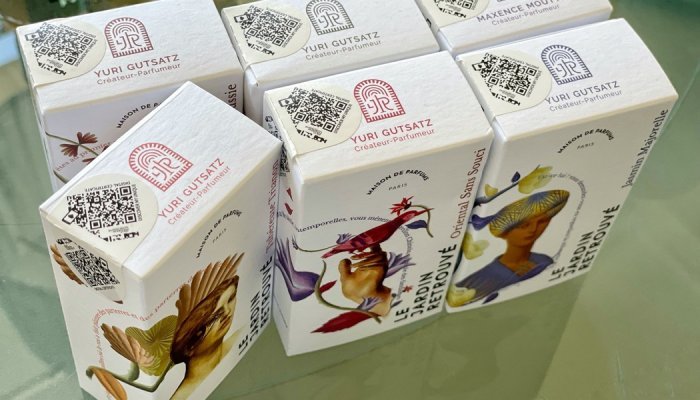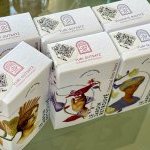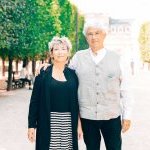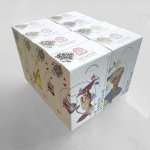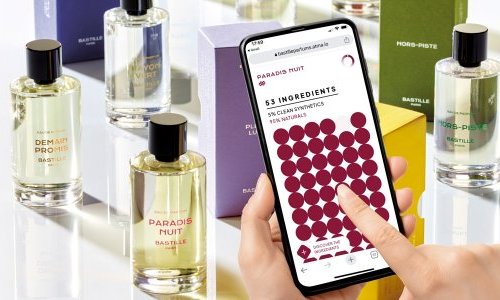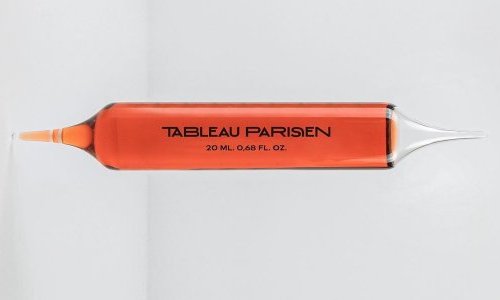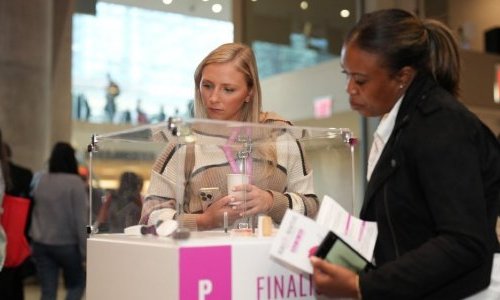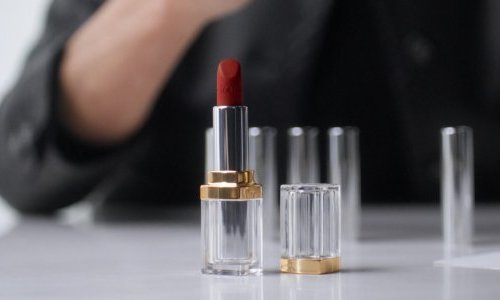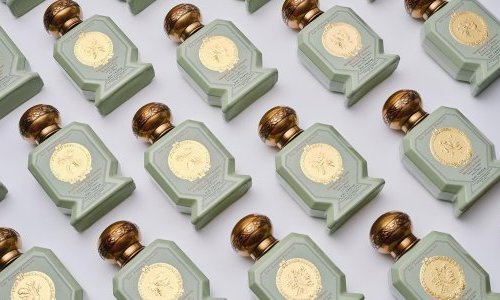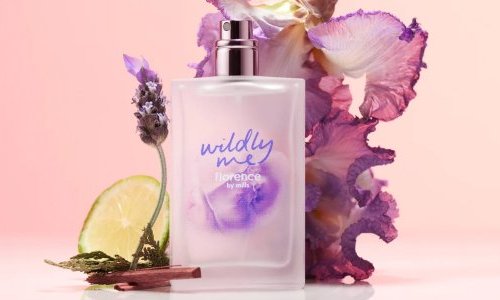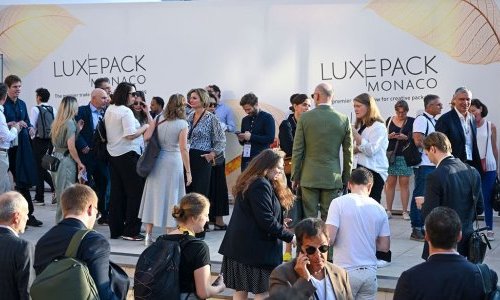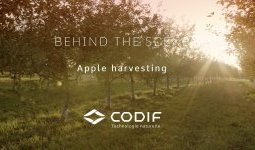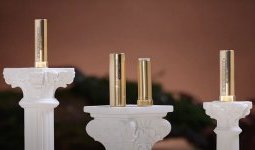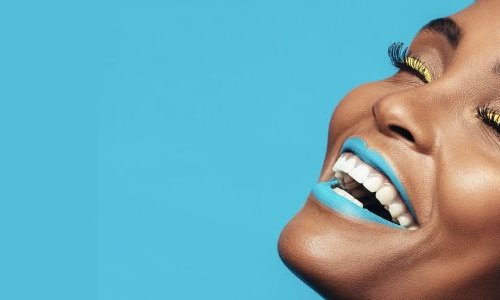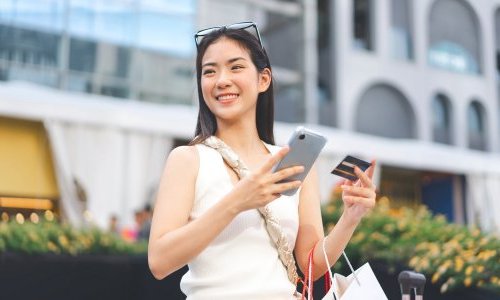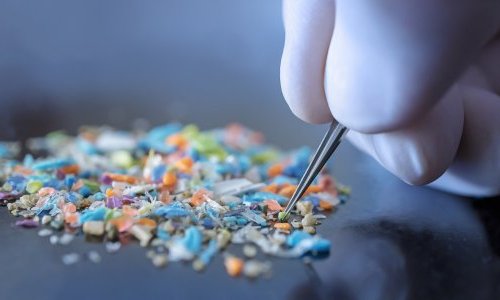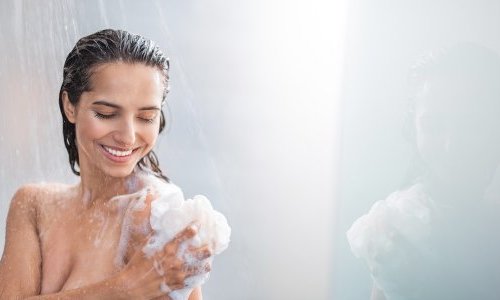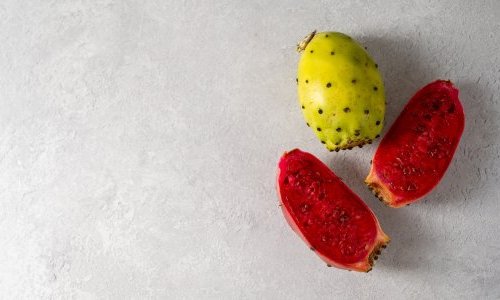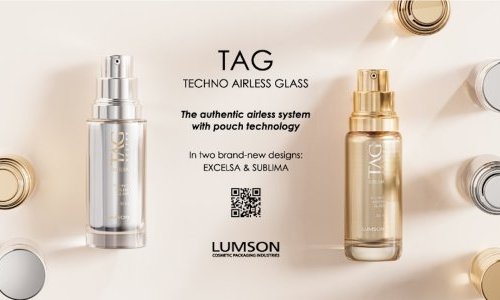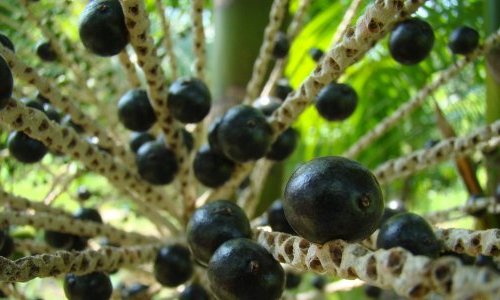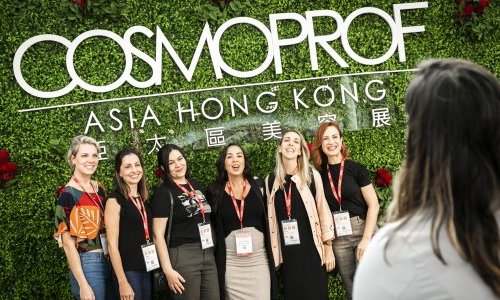The blockchain technology, which combines authentication, security, transparency, eco-design, and customer relationship assets, has seduced niche perfume brand Le Jardin Retrouvé. Founded by master-perfumer Yuri Gutsatz in 1975, and then relaunched in 2017 by his son Michel Gutsatz and Clara Feder, the brand successfully banked on a strong presence on the Chinese market, which forecasts predict will soon be the second perfume market in the world.
“We chose the right strategy. Sales are definitely as high as expected, and we should multiply our global turnover by three or four this year, with China as a driver,” says Michel Gutsatz.
Driven by a new brand identity and a definite clean perfumery positioning, Le Jardin Retrouvé is now riding the Asian wave.
“As things were going faster, we realized there was a huge problem with counterfeiting and grey markets in China. It is also a problem in France, actually,” explains Clara Feder. “All around the world, our approved distributors struggled with convincing their final customers that their products were authentic. So, this fear is everywhere. Brands and distributors all deal with the same issue on many key markets: how can we authenticate our products?” adds Michel Gutsatz.
To reassure both customers and distributors and guarantee the authenticity of the products delivered, the company turned to the blockchain technology brought by Sorga.
“There are only winners with this technology: the final customer fearful of buying a counterfeit, the distributor who provides evidence of his approval, and the brand which reassures customers,” says Michel Gutsatz.
Traceability and customer relationship
Beyond the guarantee of authenticity, the brand’s founders were soon convinced by the advantages of the blockchain technology as regards traceability and customer relationship.
By scanning the QR Codes printed on the packaging, consumers get access to a large number of inviolable pieces of information tracing the origin and manufacturing of products. Then, once they have bought a product, they can subscribe with a code printed inside the pack to receive a certificate of ownership and be identified by the brand as the sole owner of the product. They can also get additional information about suppliers, ISO and IFRA certificates, plant locations, etc.
“When a customer subscribes to the Sorga platform after buying a product, we directly receive an email to make them enter an automation flow. Then we can start a live conversation with them. It is wonderful for a brand, especially when you sell your products on the other side of the world,” explains Michel Gutsatz. “Today’s brands do not have access to their consumers across the world: now, thanks to the blockchain, they can, and it is a real step ahead,” adds Clara Feder.
The platform is available in four languages, English, French, Chinese, and Spanish, but direct exchanges are automatically translated, so it can be used in any country.
Le Jardin Retrouvé adopted the blockchain technology last January. The Sorga “diamond”, the QR Code, seals the secondary packaging, and the owner code is printed inside.
Blockchain: a true ally for luxury brands
Given the advantages it offers to the luxury product category, the blockchain technology is set to boom.
Three giants of the luxury industry, Cartier (Rochemont Group), LVMH, and Prada, launched Aura a year ago: this common blockchain platform offers transparency, a guarantee of authenticity, and traceability.
“In the cosmetics industry, brands mainly choose this technology for the sake of traceability. Then comes transparency: it is a strong demand, so we need to find a way to certify information. An increasing number of details will be required to reassure consumers about products’ origins, so we are going to have to make any evidence available. Countries themselves, Europe, China… they all demand that for certification and quality purposes. So, the blockchain is really likely to develop on the luxury and perfume markets,” explain the creators of Le Jardin Retrouvé.

